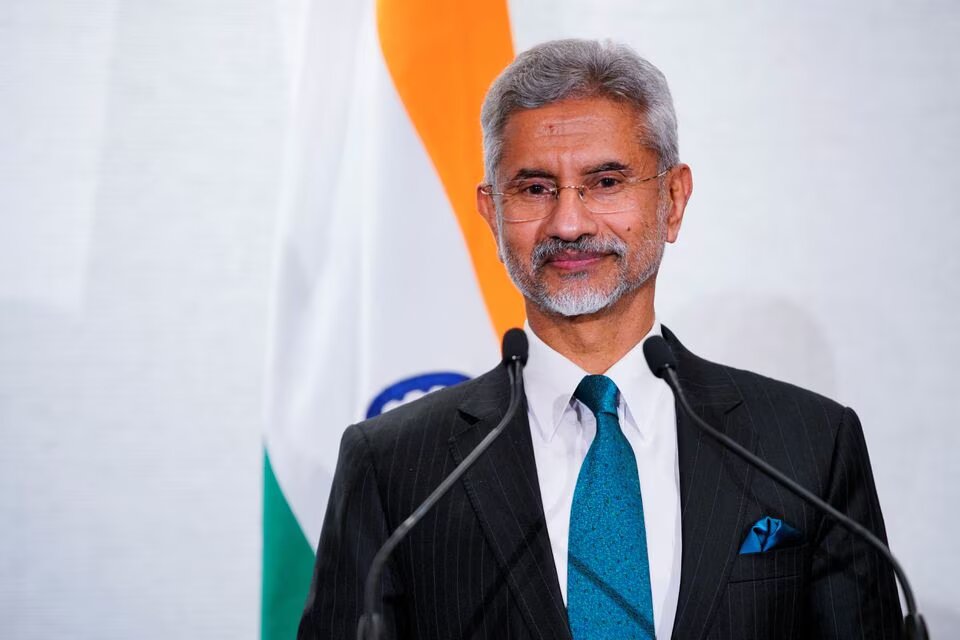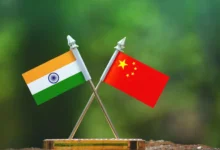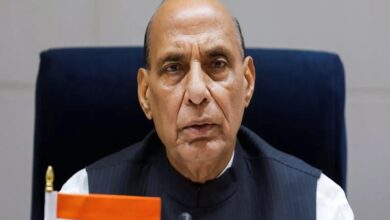Jaishankar: India-China Relations Remain In ‘Abnormal State’ Since Galwan Clash

- According to Jaishankar, the Chinese side gave different reasons at different times, but none of them are really valid.
- According to Jaishankar, "it has completely changed the relationship because it's hard to try to be normal with a country that has broken agreements and done what it has done."
India and China’s relationship has been in a “abnormal state” since the 2020 Galwan fight, and the minister for external affairs, S. Jaishankar, said in New York that it could last longer than three months.
When asked about India-China ties at the Council on Foreign ties, he said, “it has consequences for everybody else” if the two biggest countries in the world are that tense with each other.
“One of the great things about doing business with China is that they never really explain why they do what they do.” At some point, you have to try to figure it out. “And there’s always some doubt out there,” Jaishankar said.
Trying to be normal with a country that has broken deals and done bad things is hard. “For the last three years, things have been very strange,” the minister said.
“Contacts have been destroyed, and visits aren’t happening.” Naturally, there is a lot of stress in the military. It’s also changed how people in India think about China, he said.
“There is a short-term problem and a medium-term problem, and maybe even a longer-than-medium-term problem,” Jaishankar said.
The minister of foreign affairs talked about the history of the relationship between Delhi and Beijing, saying that it has never been easy.
The country had a war in 1962. Since then, there have been military events. “But there hasn’t been a combat death on the border since 1975,” he said, adding that when India’s Prime Minister Rajiv Gandhi went to China in 1988, things got better between the two countries.
In addition, Jaishankar said that India and China made two agreements in 1993 and 1996 to make the disputed border more stable. “That means there is a negotiation going on.”
He said both India and China decided not to put troops on the Line of Actual Control, and if one side brought more than a certain number of troops, they would let the other side know. “So the way it was laid out was pretty clear,” the minister said.
After that, Jaishankar said, there were more agreements, and it was a “very unique situation” because troops from both sides would leave their bases and check the border areas before going back to their bases.
It was very clear how they were supposed to act if they came across each other, and guns were not allowed. He said, “This is how things really were until 2020.”
During India’s strict COVID-19 lockdown in 2020, “we saw that Chinese troops in very large numbers were moving toward the Line of Actual Control.”
We had to mobilize and counter-deploy in the middle of all that, which we did. After that, we were afraid that the troops were getting too close, which was normal. We told the Chinese that this could lead to trouble, and sure enough, it did in the middle of June 2020, he said.
According to Jaishankar, the Chinese side gave different reasons at different times, but none of them are really valid. “And we’ve been trying to pull away since then.”
“We have had some success,” the minister said.
According to Jaishankar, “it has completely changed the relationship because it’s hard to try to be normal with a country that has broken agreements and done what it has done.”







Facebook Comments